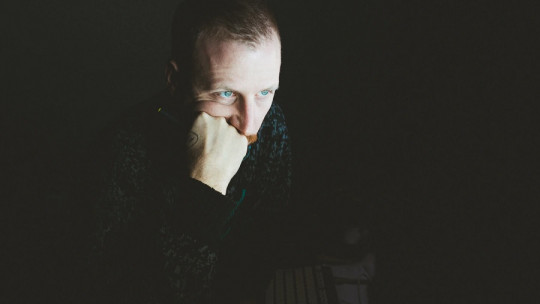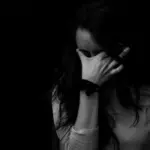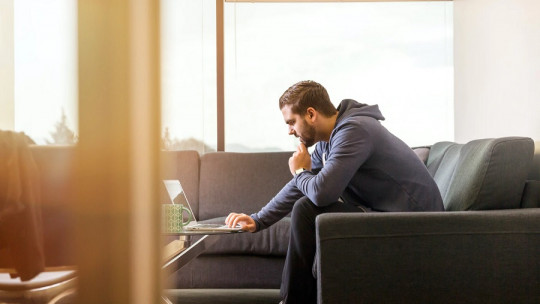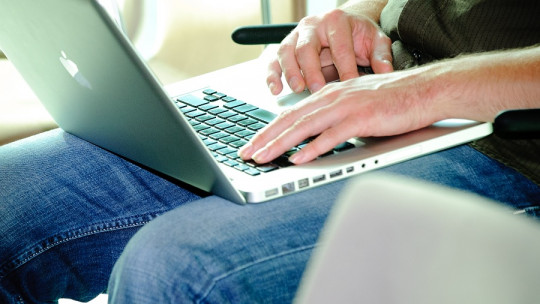After so many days confined at home, with Easter holidays in between and endless household chores, education, work to do, change of schedule and new habits acquired alone, as a family and as a couple in our confinement, it will be time to return to “normality.”
I put it in quotes because psychologically it will not be normal. It will be a long time until we acquire the habits we had again, because the word contagion will be marked in our minds , the word virus will be present. Living through a pandemic has activated our state of threat in us, and that is not so easy to forget in days, weeks, months, even several years.
The psychological mark left by the COVID-19 crisis
We have experienced a threat, and as such our body has prepared for it. We have been with our sympathetic nervous system working at full capacity, in survival mode, with every piece of news, in every conversation, with every question from your child at home, with every case of known people being infected, and with thousands of unresolved questions in your head. .
Many people ask us about certain symptoms they are having these days; It is normal to have sleep and eating disorders, to have moments of apathy and a certain level of anxiety, lack of concentration feelings of loss of control, emotional distancing, unjustified changes in mood… it is a process that we must go through until we reach acceptance of what is happening.
Depending on the predisposition of each person, we may develop some negative psychological consequences due to the mark that this situation we are experiencing leaves on us. For example, frozen grief (in many cases there has been no farewell to the loved one) or post-traumatic stress, including outbreaks of hypochondria, phobias, OCD (Obsessive-Compulsive Disorder), cleaning problems, sleep problems, anxiety, depressive symptoms…
The psychological effects generated by the coronavirus crisis are very diverse that is why each of us will deploy our own resources to manage it, some innately and others with psychological help.
Possible solutions
To start taking care of ourselves from home, it is important to find time to do some type of relaxation, meditation, Mindfulness, slow and deep breathing… the key is to work and activate the other nervous system (parasympathetic), which is what paralyzes the state of alarm. of our body (sympathetic nervous system). This will improve and strengthen our health and our defenses against stress.
Deactivate your internal dialogue so as not to encourage certain thoughts in your head It will help you prevent certain psychological consequences.
The option of online therapy
Now more than ever, online therapy is showing its effectiveness ; The possibility of being able to continue having contact with our patients and for new people to do online therapy is very useful.
Now more than ever, prevention of possible psychological consequences during and after confinement is needed. Each of us will have a psychological imprint of this experience ; This will be influenced by how we manage social isolation, uncertainty, the emotional control we have, tolerance for frustration, the ability to adapt, psychological flexibility…
Prevention and psychological therapy will help us have more resources and strategies to be able to overcome this situation without developing certain psychopathologies.









